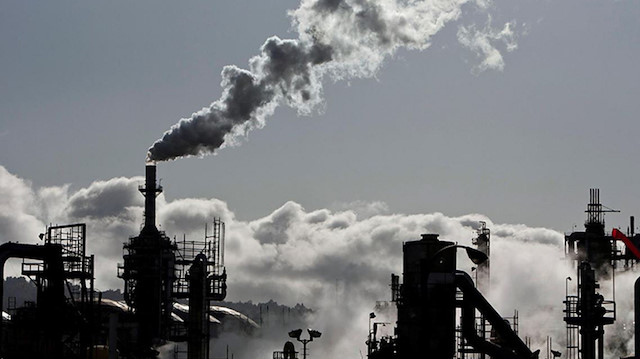
Another issue is that calls from developing states and aid groups for half of international climate funding to back projects to adapt to a warmer world have gone largely unheeded.
Estimates of international climate finance from the OECD and others show adaptation finance stuck at barely more than a fifth of the total, with the bulk going to efforts to cut emissions.
Leonardo Martinez-Diaz, director of sustainable finance at the World Resources Institute, said adaptation was "woefully under-funded", and overall "a last big push" would be needed to ensure next year's $100 billion promise was met.
"Getting to the $100 billion isn't just an arithmetical exercise to get the box ticked," he said, explaining the money was vital for developing countries to implement more ambitious national climate plans.
Many are looking to Monday's U.N. climate summit to send a strong signal that money is coming, and offer a platform for governments to make new financing commitments.
The Green Climate Fund (GCF), set up under U.N. climate talks, is replenishing its coffers this year, and is hoping for fresh contributions in New York.
So far, five large donor countries have promised to put in nearly $6 billion more - and up to 10 governments, including Sweden, are expected to step up with new pledges on Monday.
A GCF spokesman said those could help build confidence among developing states that they could afford to ramp up their national climate plans in 2020, as countries are supposed to do.
At the summit, the least-developed countries - including Bhutan, Ethiopia, Gambia, Malawi, Tanzania and Uganda - plan to ask for $450 million in investment over 10 years for a new adaptation initiative as part of a "2050 Vision" to limit global warming to 1.5 degrees Celsius and boost climate resilience.
And at a meeting on Tuesday, governments are due to announce new contributions to the Least Developed Countries Fund, which helps vulnerable nations adapt to climate change, the Global Environment Facility said.
Nonetheless, Niranjali Amerasinghe, executive director of ActionAid USA, said rich countries were still "nowhere near close to pulling their weight" on climate finance.
She noted - as did Oxfam's report - that the bulk of money is being given as loans that must be paid back.
"Many developing countries are already heavily in debt, so giving them more debt in order to address climate change is not a viable solution in the long run," she told journalists.














